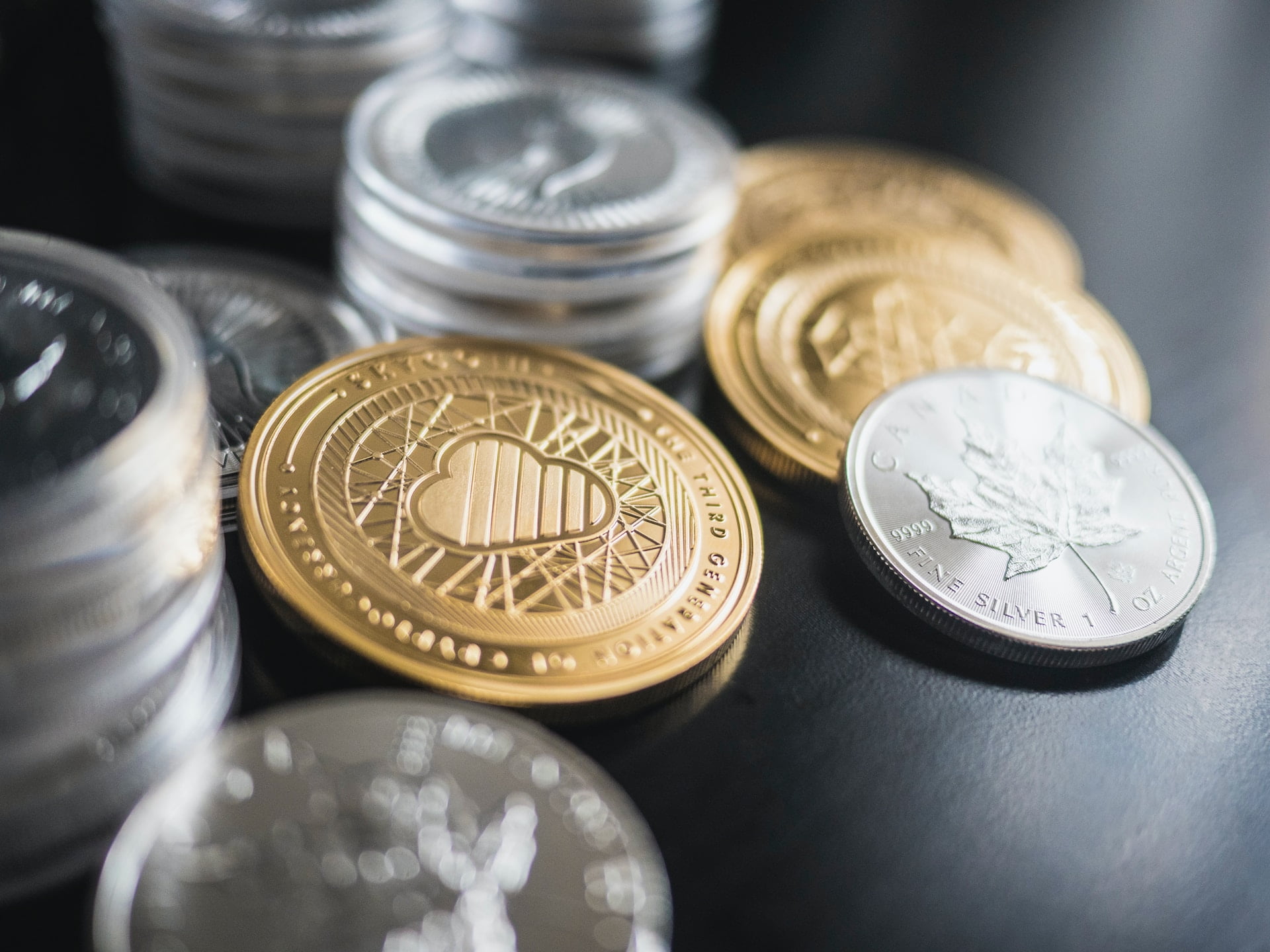As more people get interested in the possible financial rewards, cryptocurrency has grown in popularity. There are worries about the possible drawbacks, though, as with any new and unregulated financial sector. The use of cryptocurrencies for money laundering and other illicit activities is one such issue. The relationship between cryptocurrencies and illicit acts, such as money laundering, will be examined in this article, along with the difficulties that regulation and enforcement face. You can check Crypto portfolio article here.
Cryptocurrency and Money Laundering
Money laundering is the practice of transferring illegally obtained funds through an authorized company or financial institution in order to disguise their true source and ownership. Because they are anonymous and decentralized, cryptocurrencies are being utilized more and more for money laundering.
One way that cryptocurrencies can be used for money laundering is through the use of “mixers” or “tumblers.” These services mix multiple cryptocurrency transactions together in order to obfuscate the original source and destination of the funds.
There have been numerous high-profile cases involving the use of cryptocurrencies for money laundering, including the notorious Silk Road case. Silk Road was a darknet marketplace that facilitated the sale of illegal goods and services using Bitcoin as the primary form of payment. The site was shut down by the FBI in 2013, and its founder, Ross Ulbricht, was sentenced to life in prison for a variety of charges including money laundering.
While cryptocurrency transactions can be difficult to trace, there are techniques that law enforcement agencies are developing to identify and track these transactions. However, the anonymous nature of cryptocurrencies makes it challenging to identify the true owner of the funds, particularly if they are stored in a digital wallet that is not associated with any personal information.
Cryptocurrency and Illegal Activities
Cryptocurrencies are increasingly being utilized for various criminal acts other than money laundering. On darknet markets, cryptocurrency is one of the most important tools used for unlawful activity. These are online marketplaces where users can transact in products and services anonymously, frequently by paying with cryptocurrency.
These marketplaces are well-known for the sale of illicit goods like drugs, firearms, and stolen personal data. It is more challenging for law authorities to identify the buyers and sellers involved in these transactions due to the anonymity offered by cryptocurrency. However, some of these markets, like the Silk Road and AlphaBay, have been successfully closed down by law enforcement authorities.
Cryptocurrencies are also being used for other illegal activities such as ransomware attacks, where cybercriminals demand payment in cryptocurrency in exchange for releasing control of a victim’s computer or data.
Overall, the decentralized and anonymous nature of cryptocurrencies has made them attractive to criminals looking to engage in illegal activities. While law enforcement agencies have had some success in combating these activities, there are still challenges in regulating and enforcing cryptocurrency-related crimes.
Regulation and Enforcement
The regulation of cryptocurrencies is a complex and evolving area. While some countries have taken a proactive approach to regulating cryptocurrencies, others have been more hesitant. In the United States, for example, the Securities and Exchange Commission (SEC) has taken a cautious approach to regulating cryptocurrencies, citing concerns about fraud and market manipulation.
One challenge in regulating cryptocurrencies is their decentralized nature, which makes it difficult to enforce laws and regulations. Additionally, the anonymity provided by cryptocurrencies can make it difficult to identify the individuals involved in illegal activities.
However, there have been some successes in regulating cryptocurrencies. For example, in 2019, the Financial Action Task Force (FATF) issued guidance on the regulation of virtual assets, which included recommendations on the identification and verification of users, as well as the reporting of suspicious activities.
Law enforcement agencies have also made progress in identifying and prosecuting individuals involved in cryptocurrency-related crimes. In 2020, the US Department of Justice seized over $1 billion worth of Bitcoin that was linked to the darknet marketplace, Silk Road.
Conclusion
The financial industry has been significantly impacted by cryptocurrencies, but there are worries about potential drawbacks, particularly in relation to money laundering and other illegal activity. Although cryptocurrencies’ decentralized and anonymous nature makes them difficult to regulate and enforce, there have been some achievements in locating and prosecuting those responsible for cryptocurrency-related crimes.









